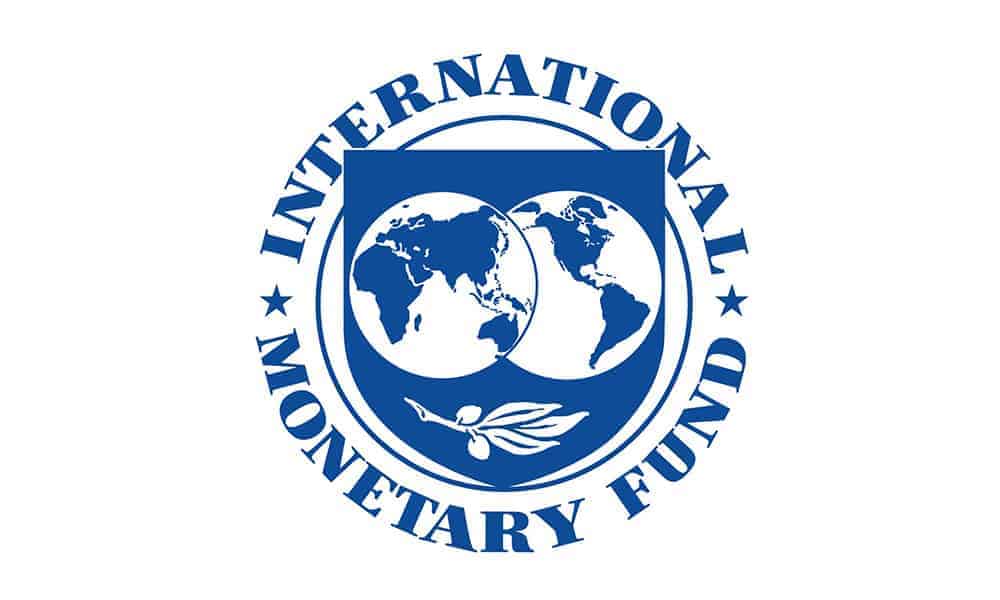The International Monetary Fund (IMF) approved a $1.5 billion Flexible Credit Line (FCL) for Costa Rica, providing a two-year financial safety net. This precautionary loan, equivalent to 300% of Costa Rica’s IMF quota, bolsters the Central Bank of Costa Rica’s (BCCR) ability to manage potential economic shocks. The IMF commended Costa Rica’s strong policy framework, which qualifies it for this flexible arrangement.
Unlike typical IMF loans, the FCL doesn’t require specific reforms or targets for disbursements. It serves as a buffer for countries with proven economic management, offering quick access to funds during global disruptions. Costa Rica intends to keep these funds untouched unless external risks—like rising oil prices, slower growth in trading partners, or tighter financial conditions—threaten its economy.
A History of IMF Support
Costa Rica has maintained a strong relationship with the IMF, earning trust through consistent economic policies. In 2020, the country accessed the Rapid Financing Instrument to address pandemic-related challenges. This was followed by a $1.78 billion Extended Fund Facility (EFF) approved in 2021, which ended in 2024. A $521 million Resilience and Sustainability Facility (RSF) approved in 2022, also wrapped up on the same date, supporting climate and economic reforms.
The IMF praised Costa Rica’s “very solid” institutional and policy frameworks, highlighting its commitment to sustained reforms. It could also be seen as the FCL using it as a precautionary step to protect Costa Rica from global uncertainties.
Why the FCL Matters
Costa Rica’s economy is stable but vulnerable to global market shifts. The country’s GDP is projected to grow by 4% in 2024, with unemployment at 7.3% in Q4 2023 and a strong currency against the dollar. However, external shocks, such as oil price spikes or trade slowdowns with partners like the United States, could disrupt this progress. The FCL offers a ready reserve to counter such risks without immediate borrowing.
The IMF’s approval reflects confidence in Costa Rica’s reforms, including fiscal discipline and debt management. In 2024, the IMF disbursed $510 million under the EFF and RSF, reinforcing economic stability. The FCL builds on this, providing flexibility without the strict conditions of past arrangements. If global risks decrease, Costa Rican authorities may request reduced access, preserving resources for future needs.






